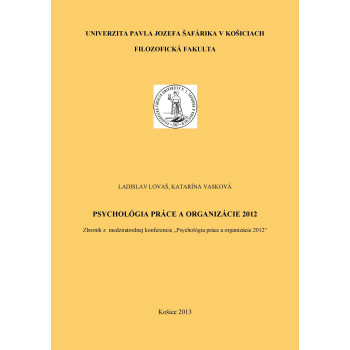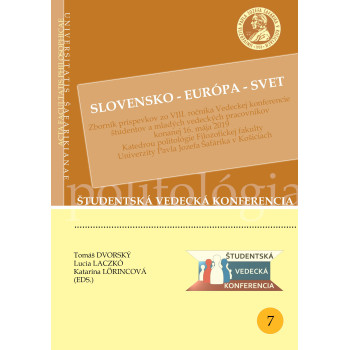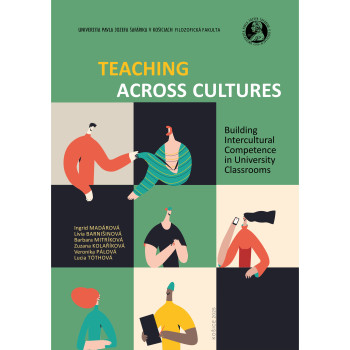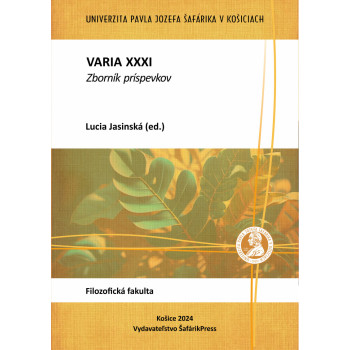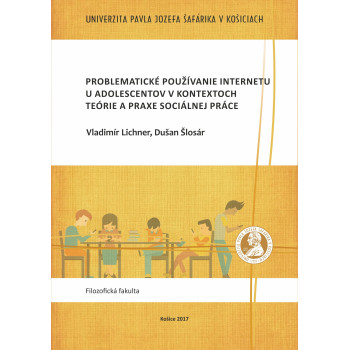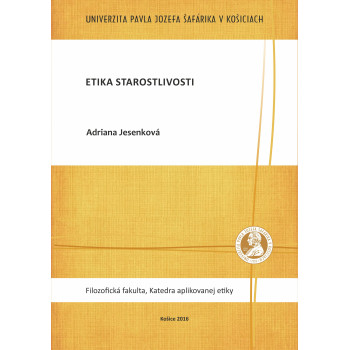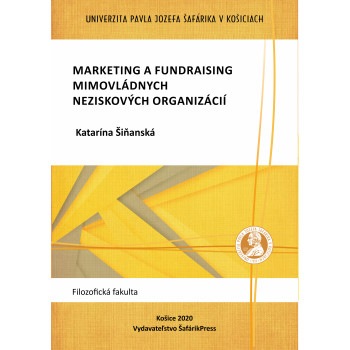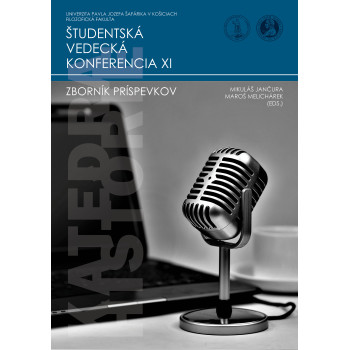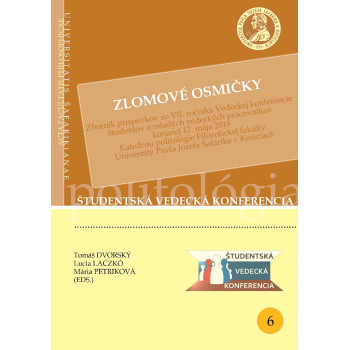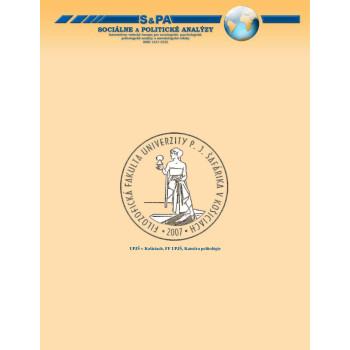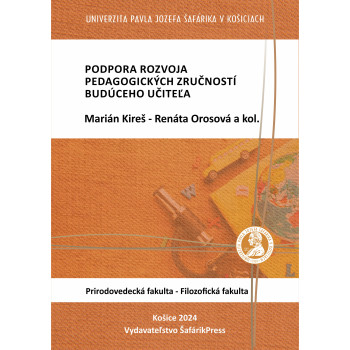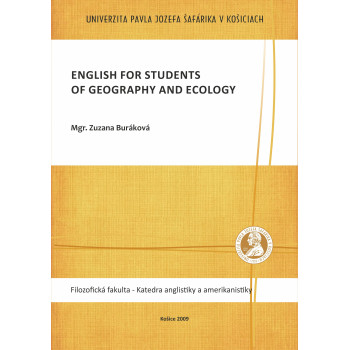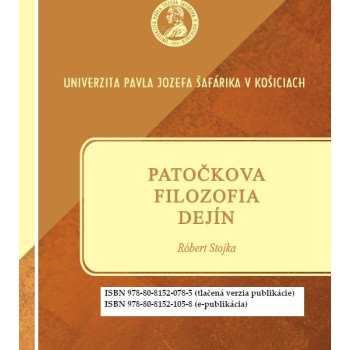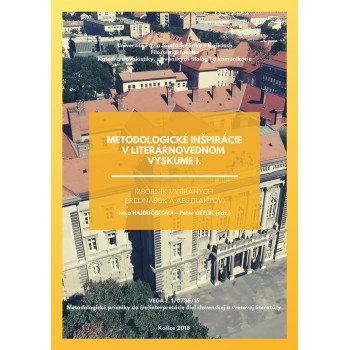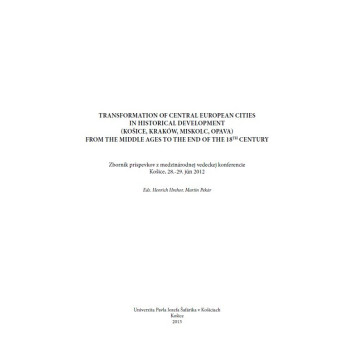
Edukácia, roč. 8, č. 1/2025
Renáta Orosová (výkonný redaktor)
Vedecký recenzovaný časopis Edukácia je zameraný na problematiku vzdelávania a výchovy v oblasti základného, stredného a vysokého školstva. Zreteľ kladie na súčasný stav a perspektívy edukačnej praxe, aktuálne aspekty pregraduálnej prípravy učiteľov, sociálnej pedagogiky, špeciálnej pedagogiky, ako aj pedagogické a psychologické aspekty výchovy v základných výchovných inštitúciách z pohľadu širokej pedagogickej verejnosti. Je určený vedeckým pracovníkom, mladým vysokoškolským učiteľom, doktorandom, ako aj odborným a pedagogickým pracovníkom s cieľom prezentovať trendy v edukácii a vyvolať diskusiu k aktuálnym otázkam prezentovaných oblastí výchovy a vzdelávania.
Ciele vedeckého časopisu Edukácia:
- prezentovať súčasné postavenie a funkciu pedagóga v edukačnej praxi a jeho perspektívy,
- prezentovať aktuálne otázky vzdelávania a výchovy z pohľadu učiteľov, sociálnych pedagógov, špeciálnych pedagógov a psychológov,
- prezentovať inovácie v edukačnej praxi; analyzovať stav a problémy prepájania teórie a praxe výchovy a vzdelávania vo vzťahu k moderným
vyučovacím koncepciám, - prezentovať aktuálne trendy v pregraduálnej príprave pedagógov,
- prezentovať výsledky empirických výskumov z oblasti pedagogiky, sociálnej pedagogiky, špeciálnej pedagogiky a psychológie v prostredí
rodiny, školy a mimoškolských výchovných inštitúcií.




